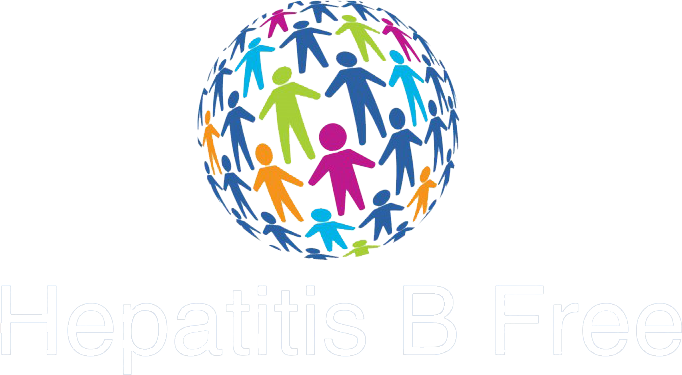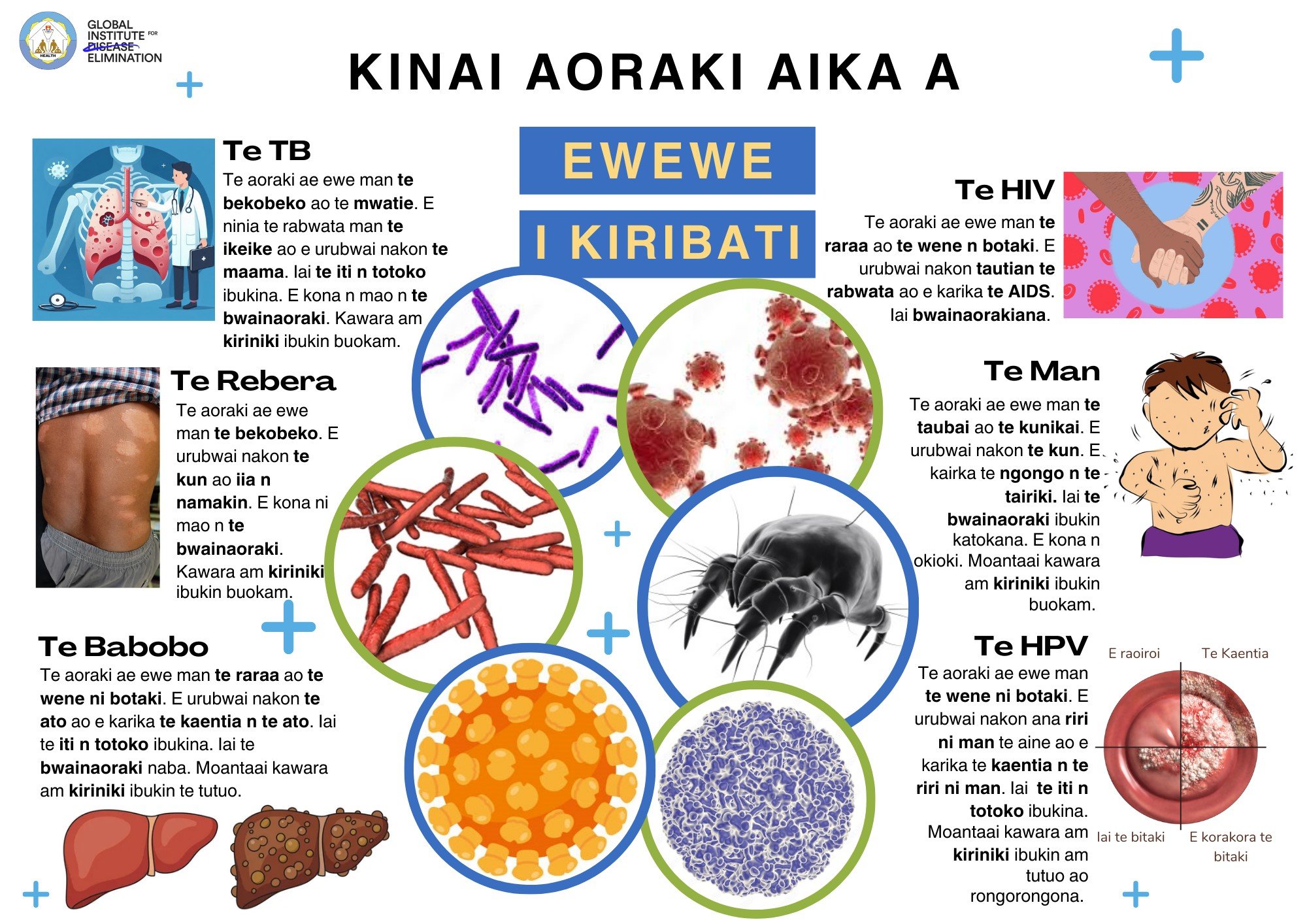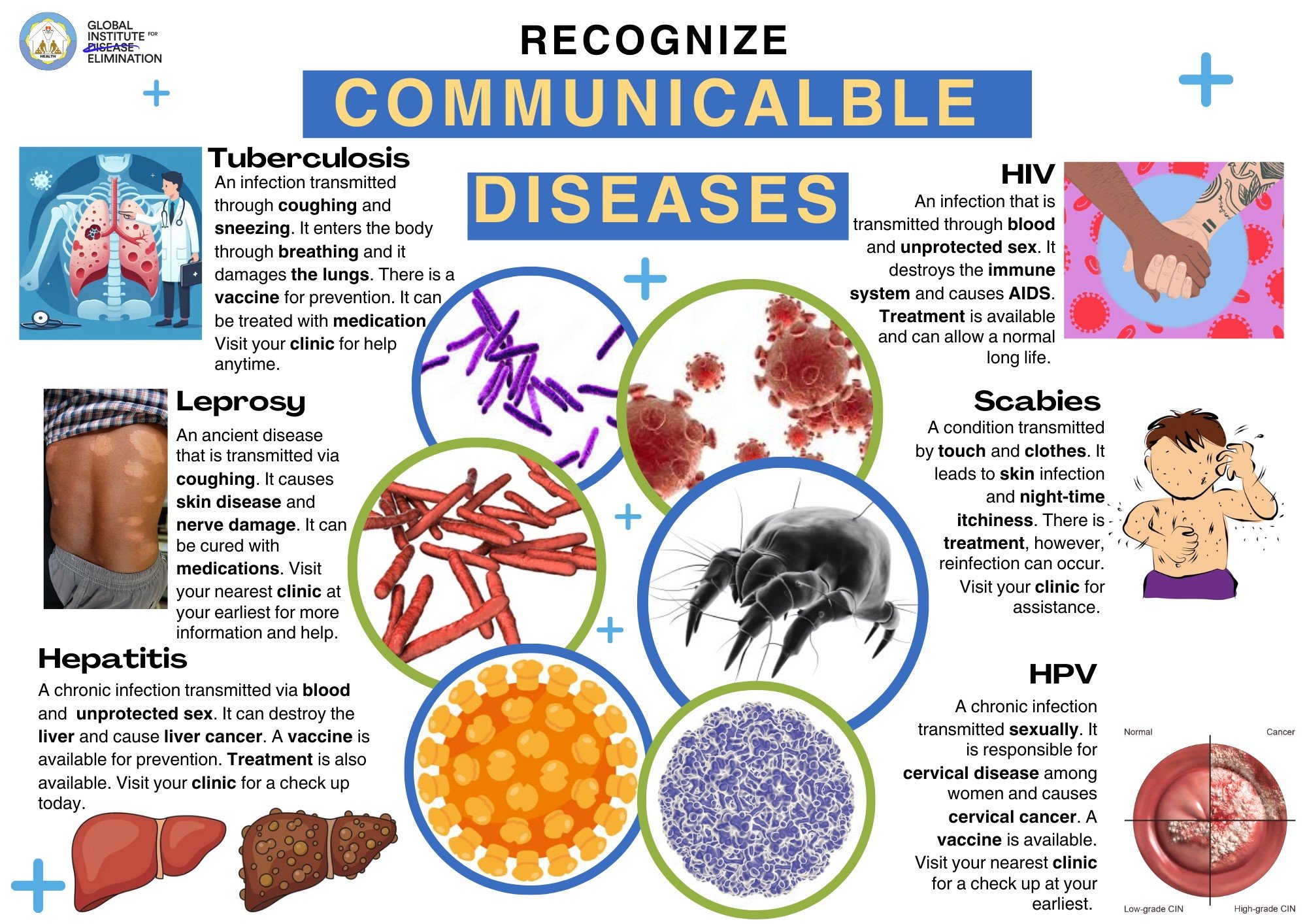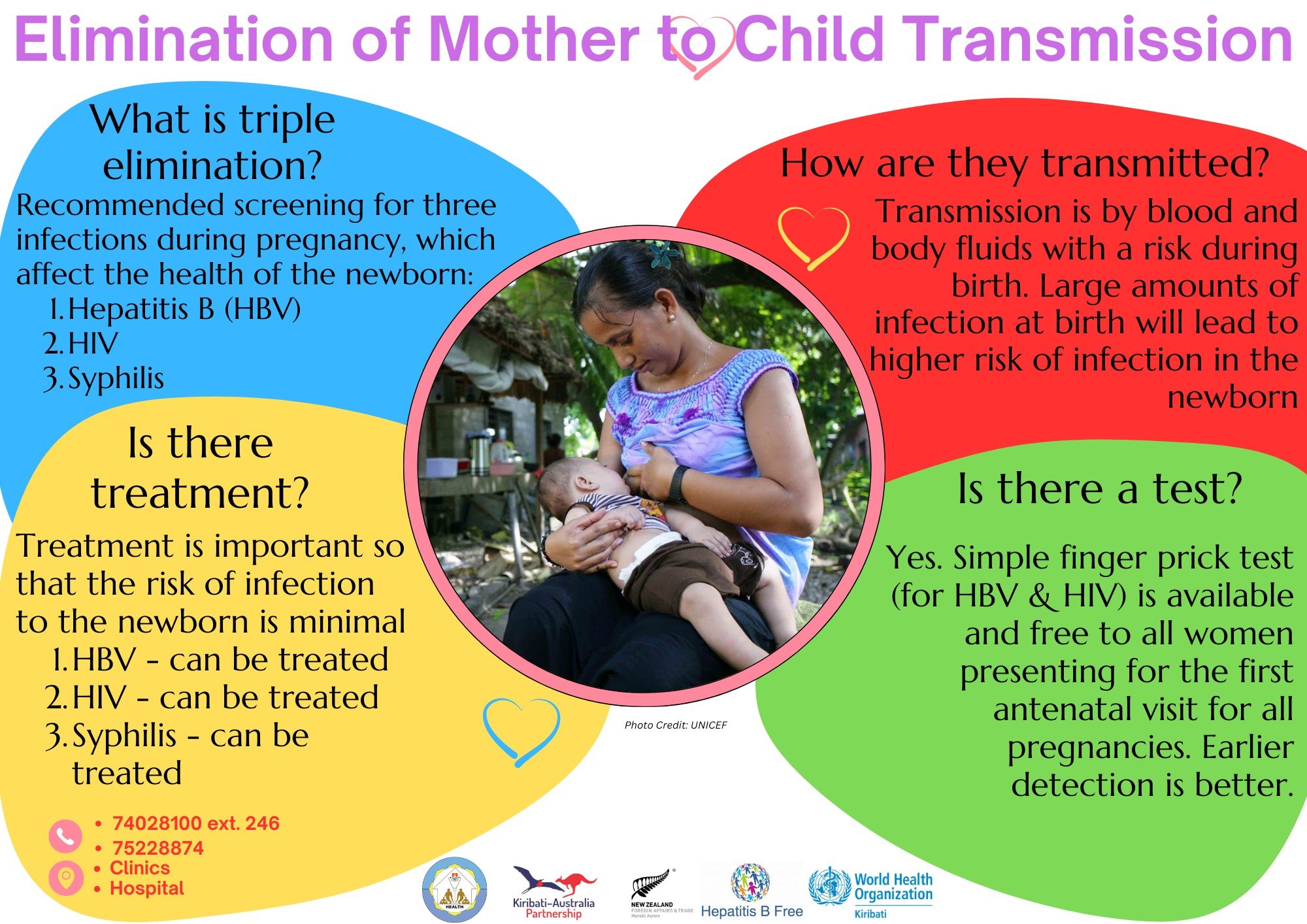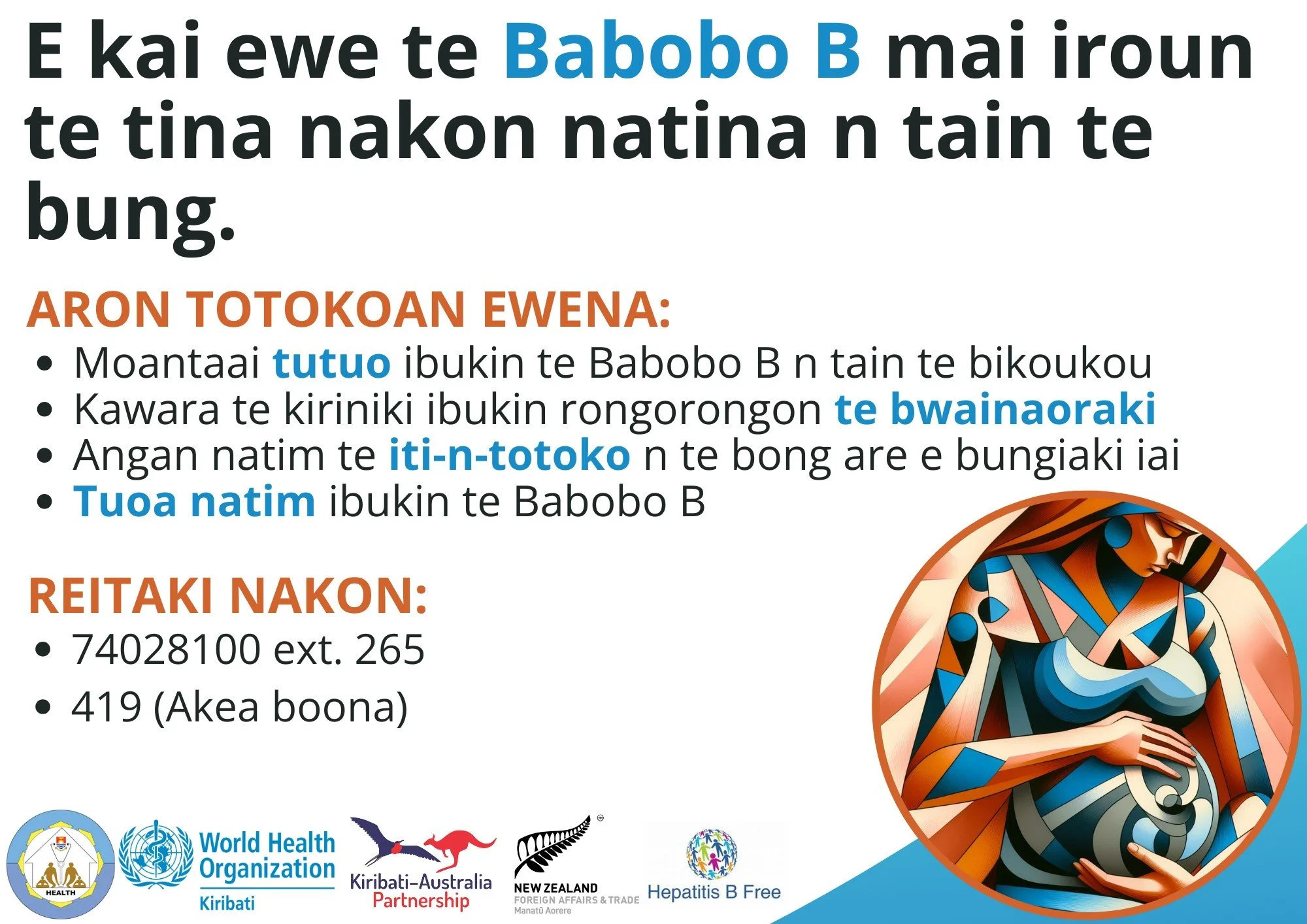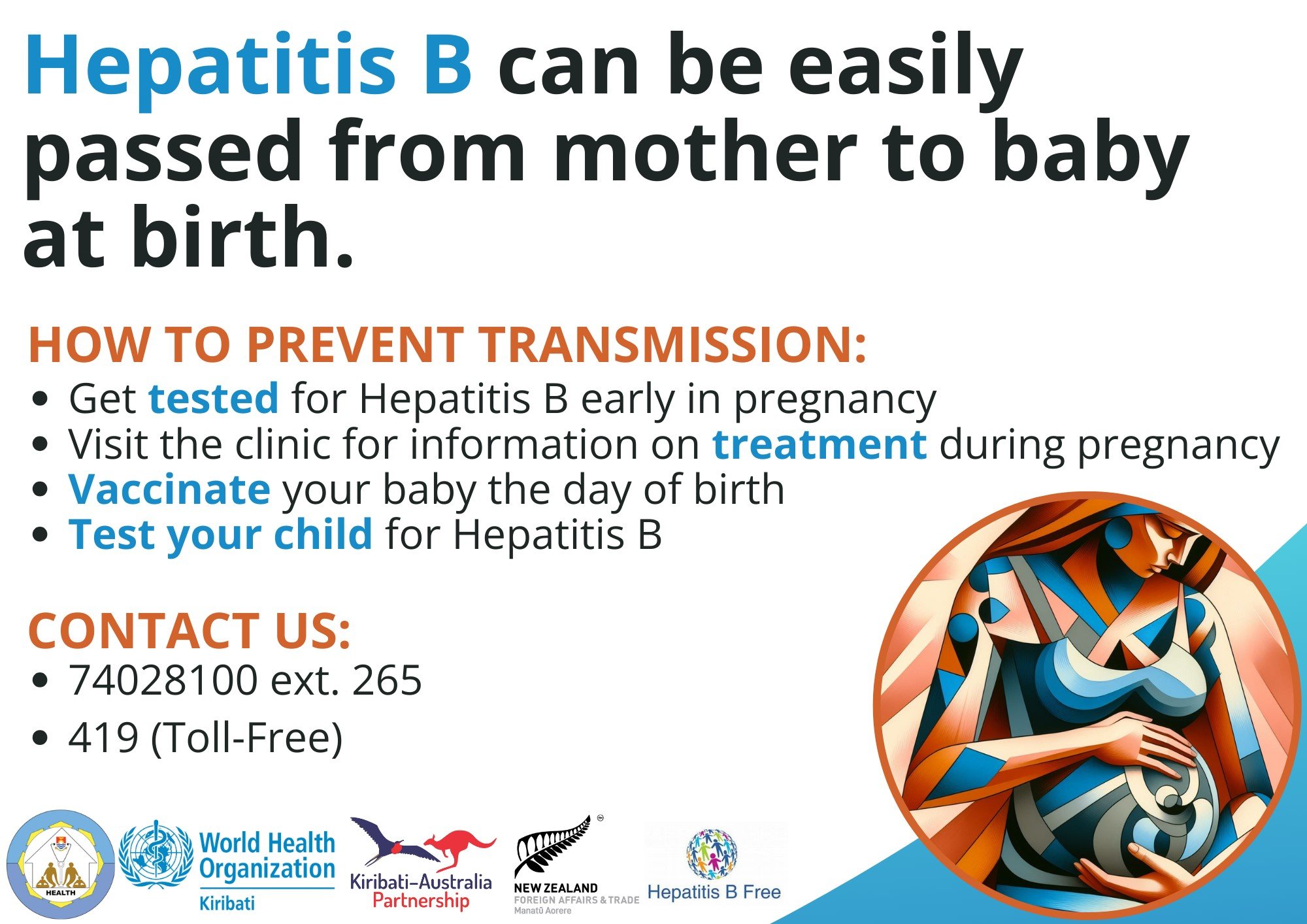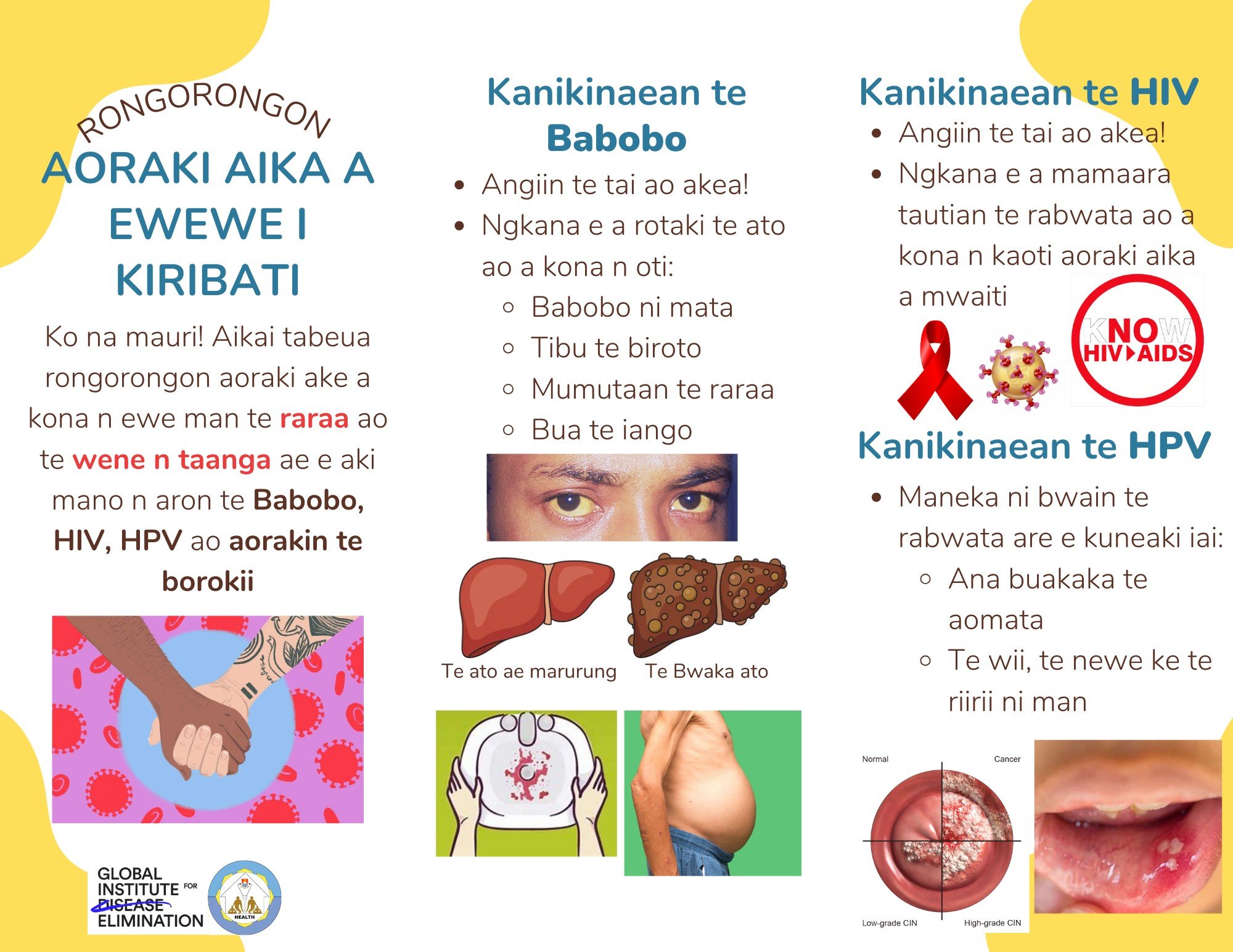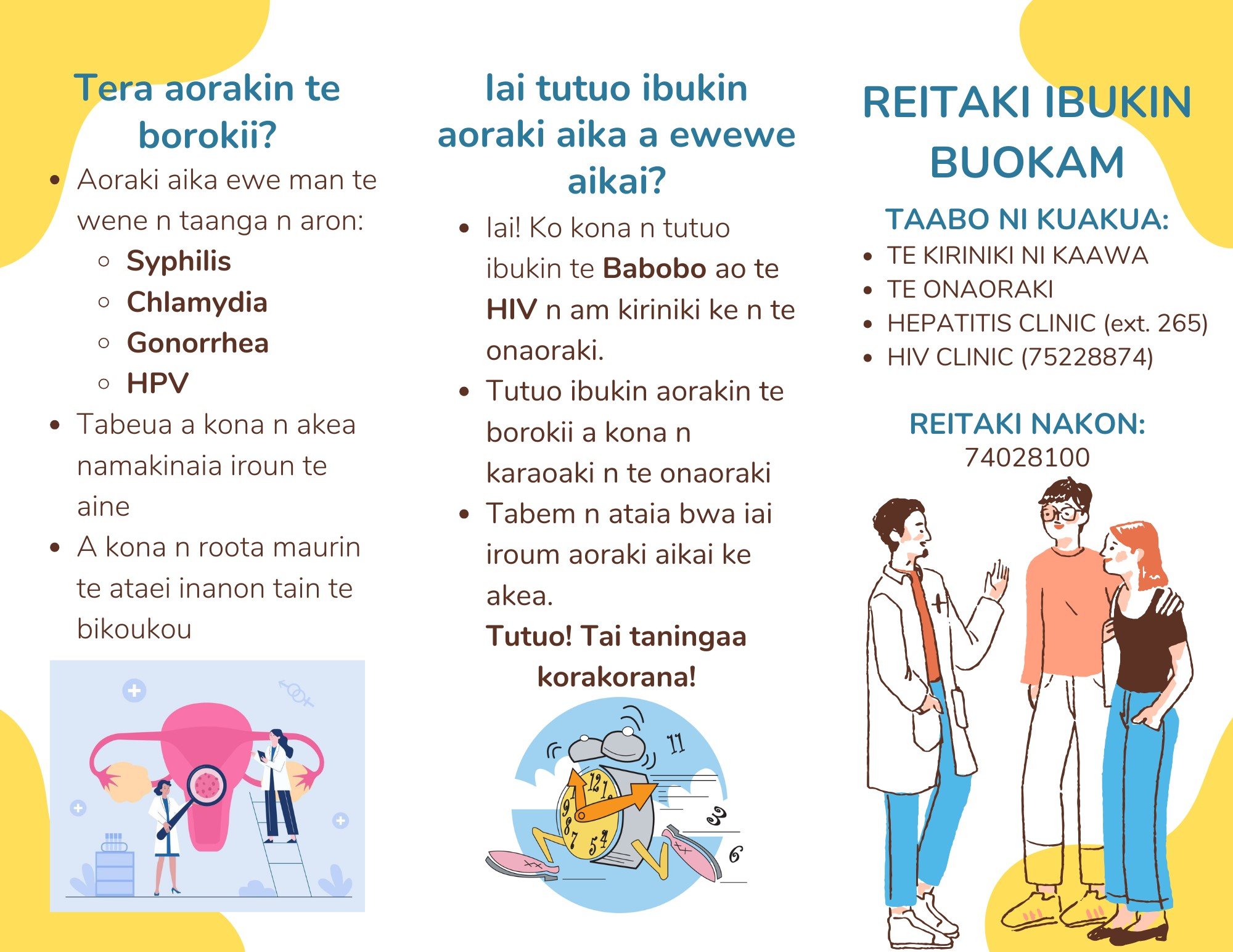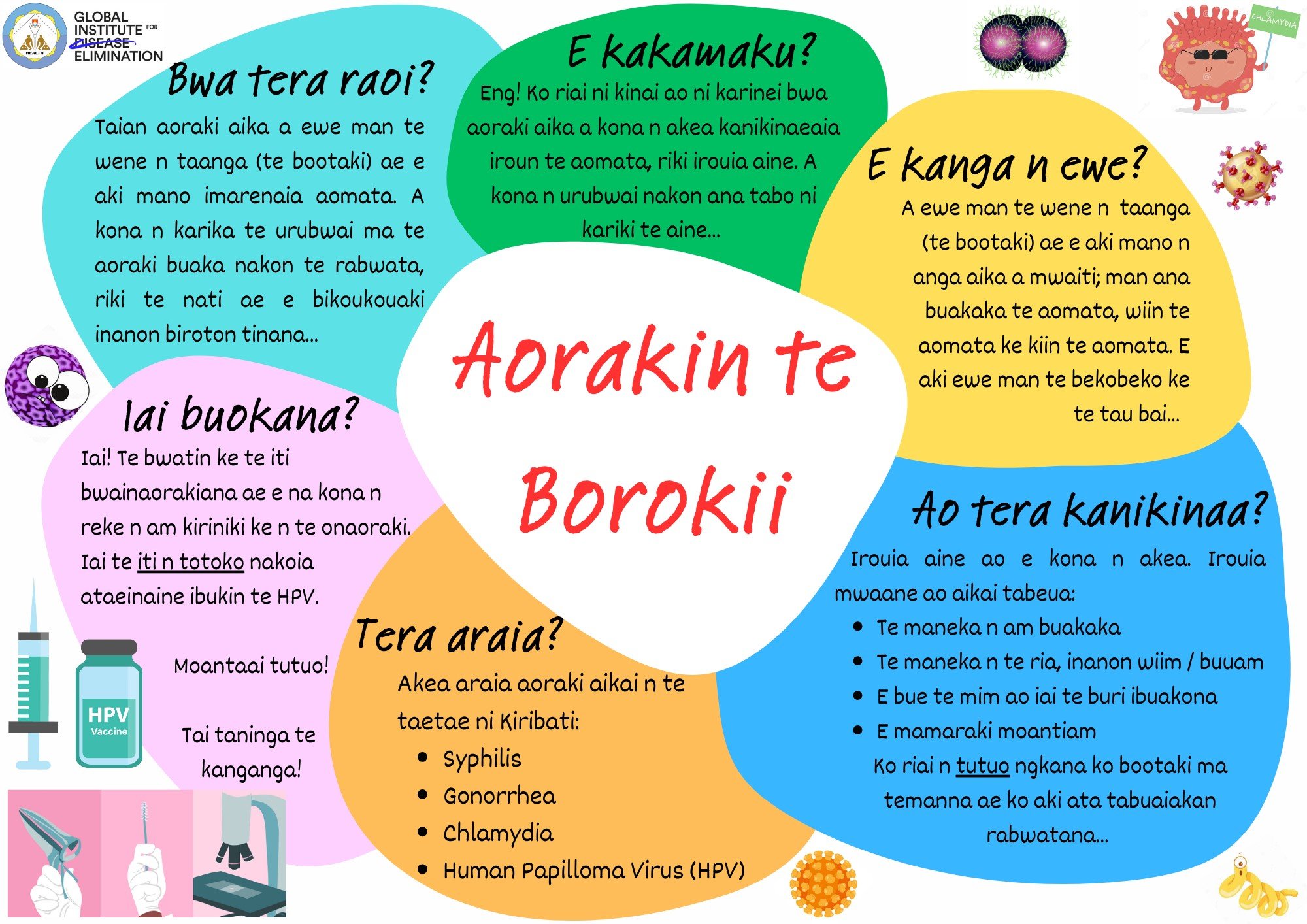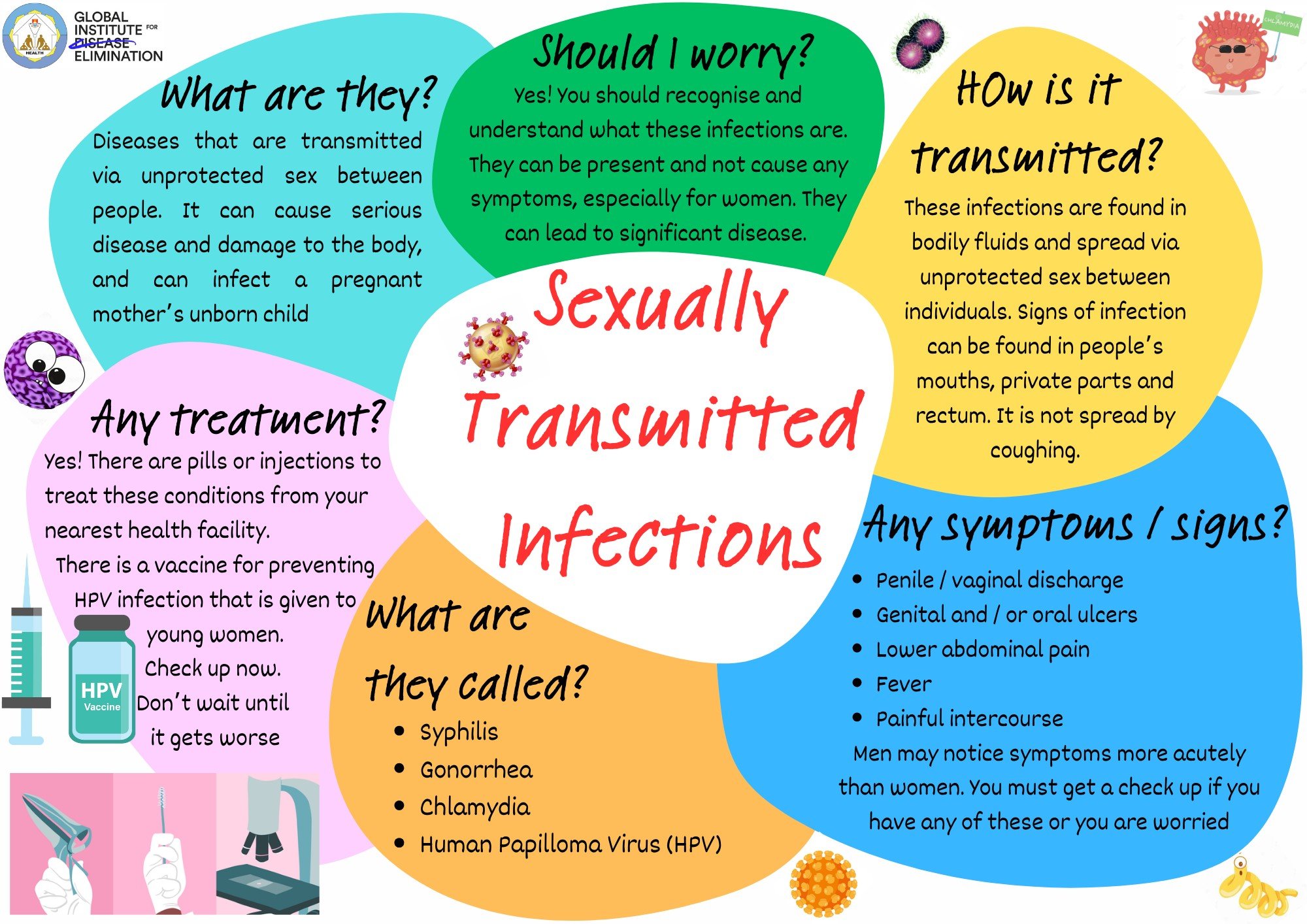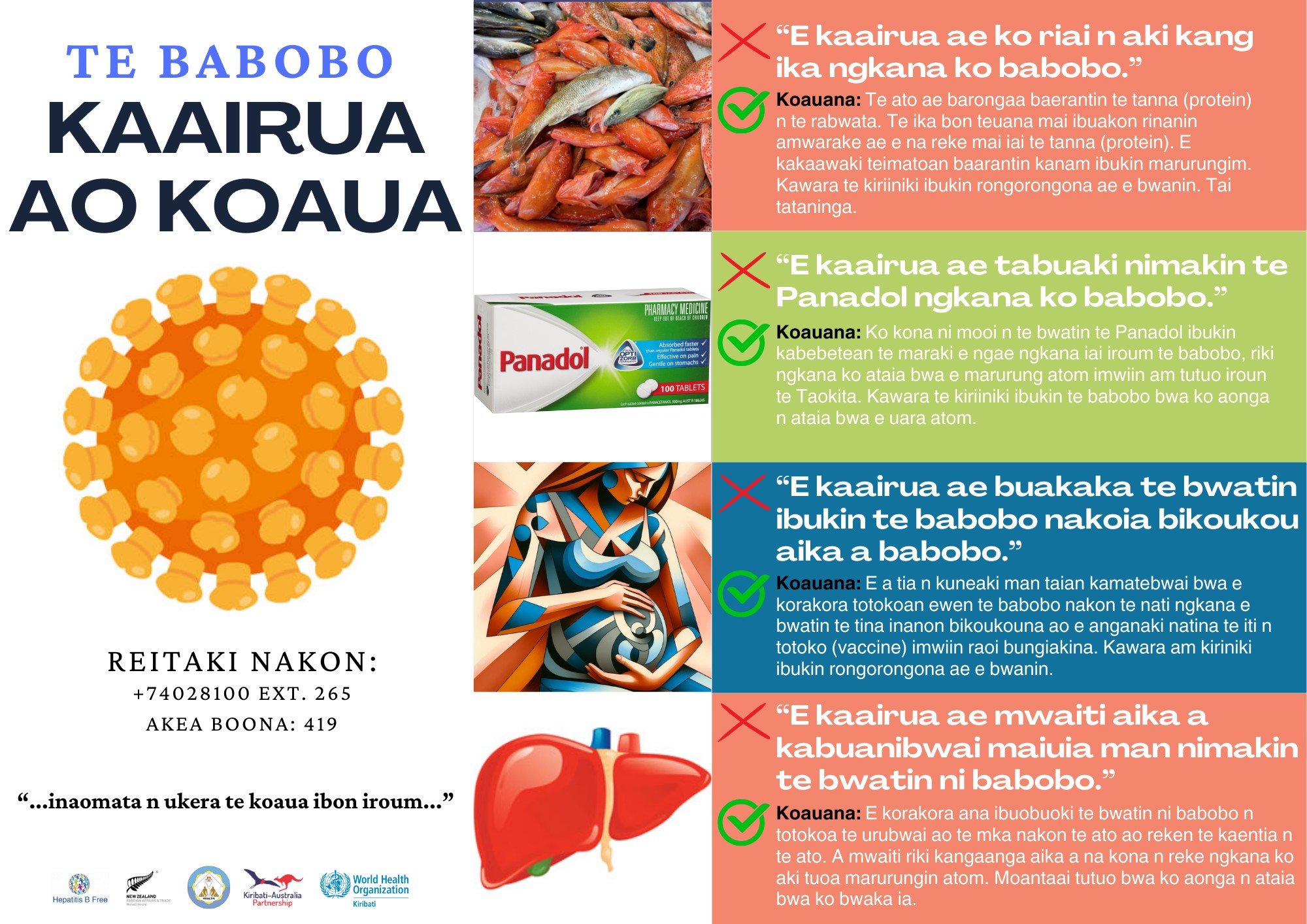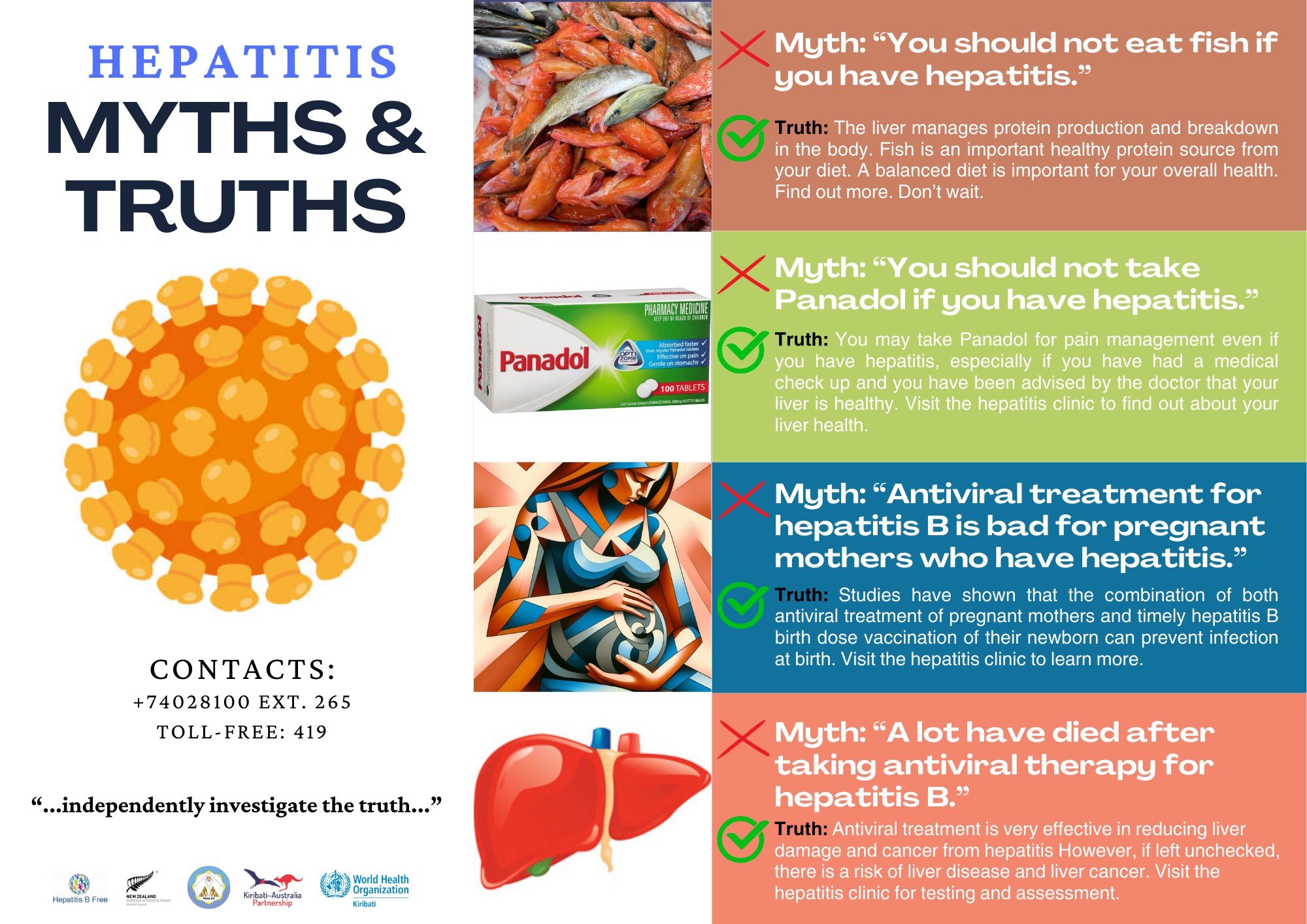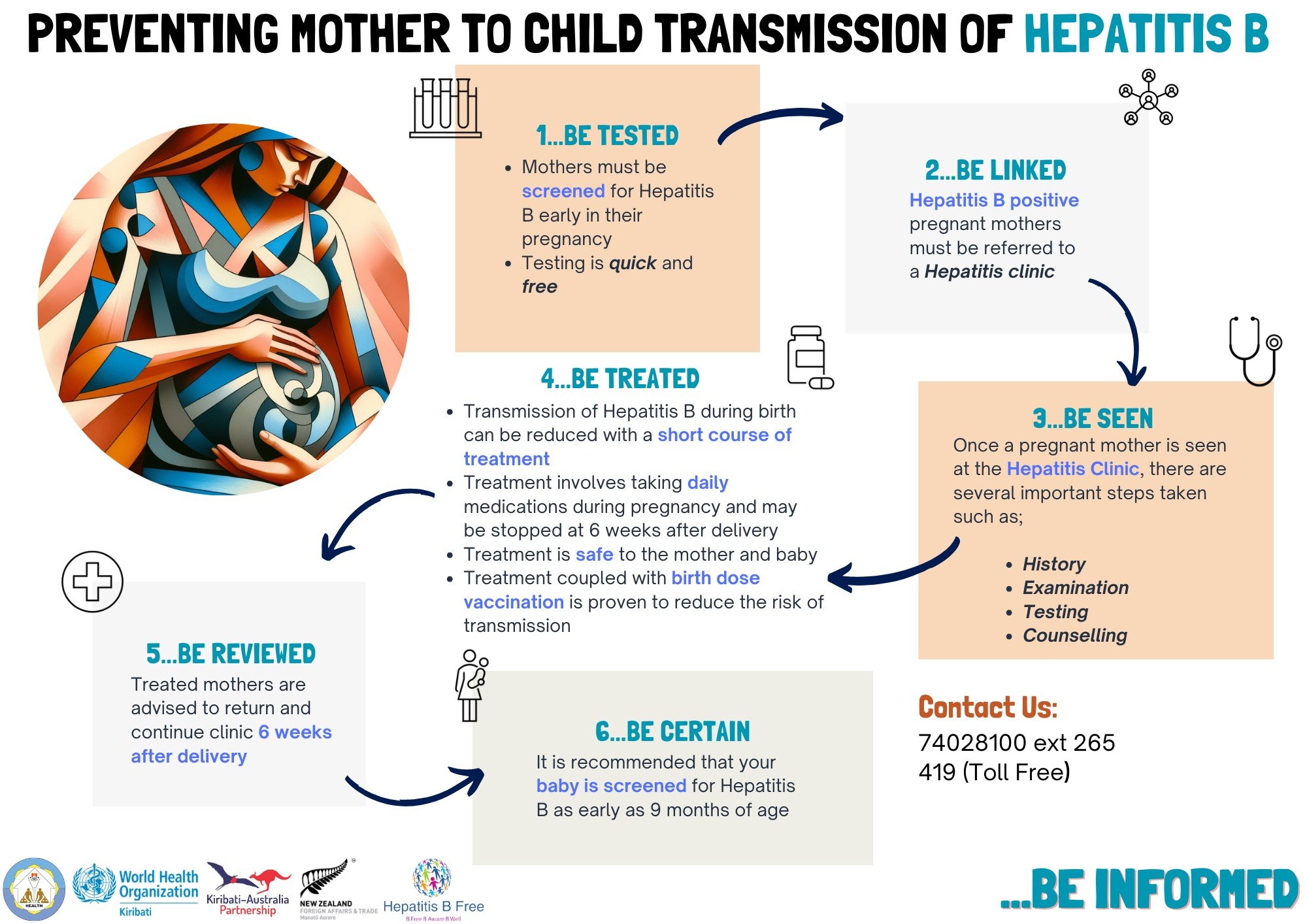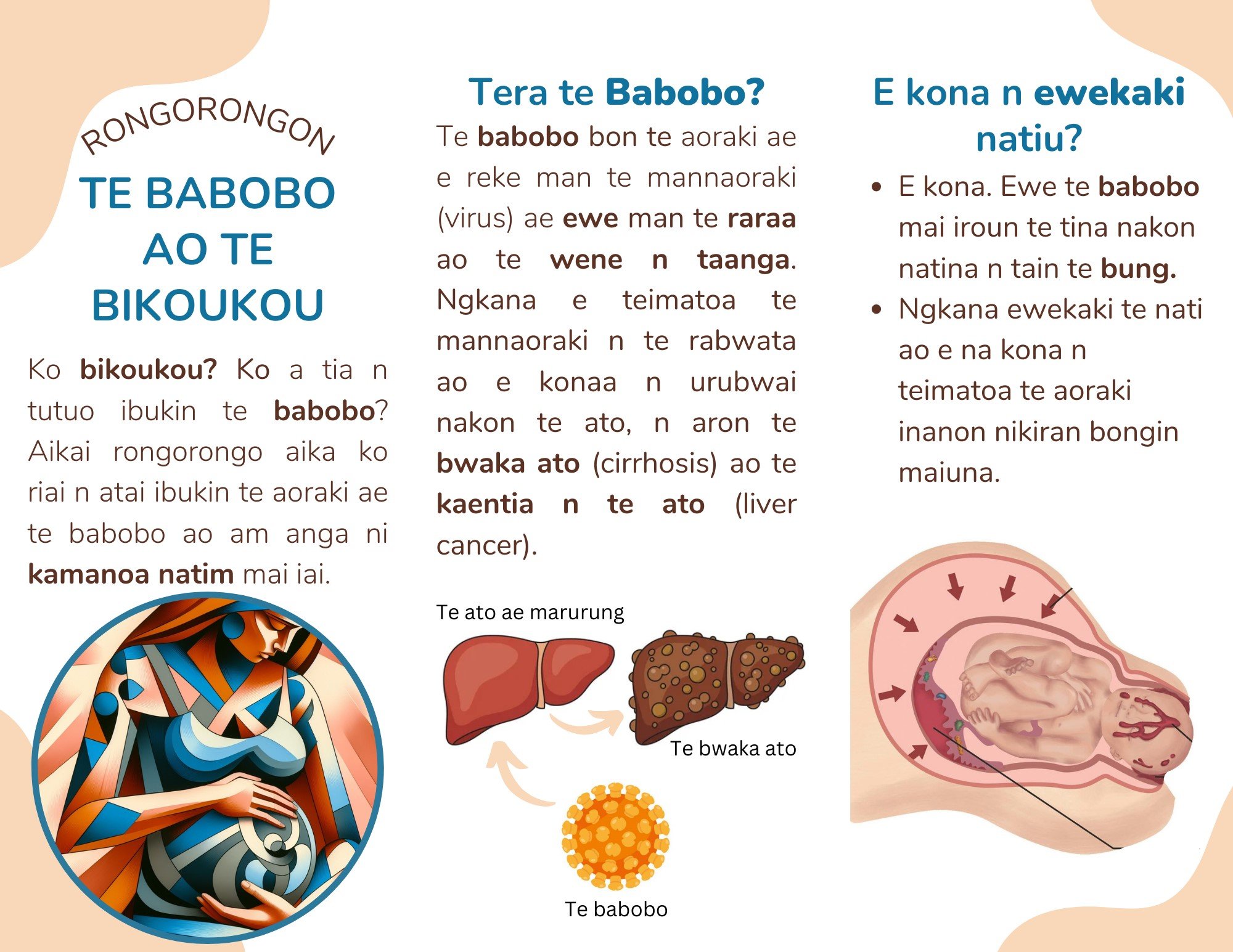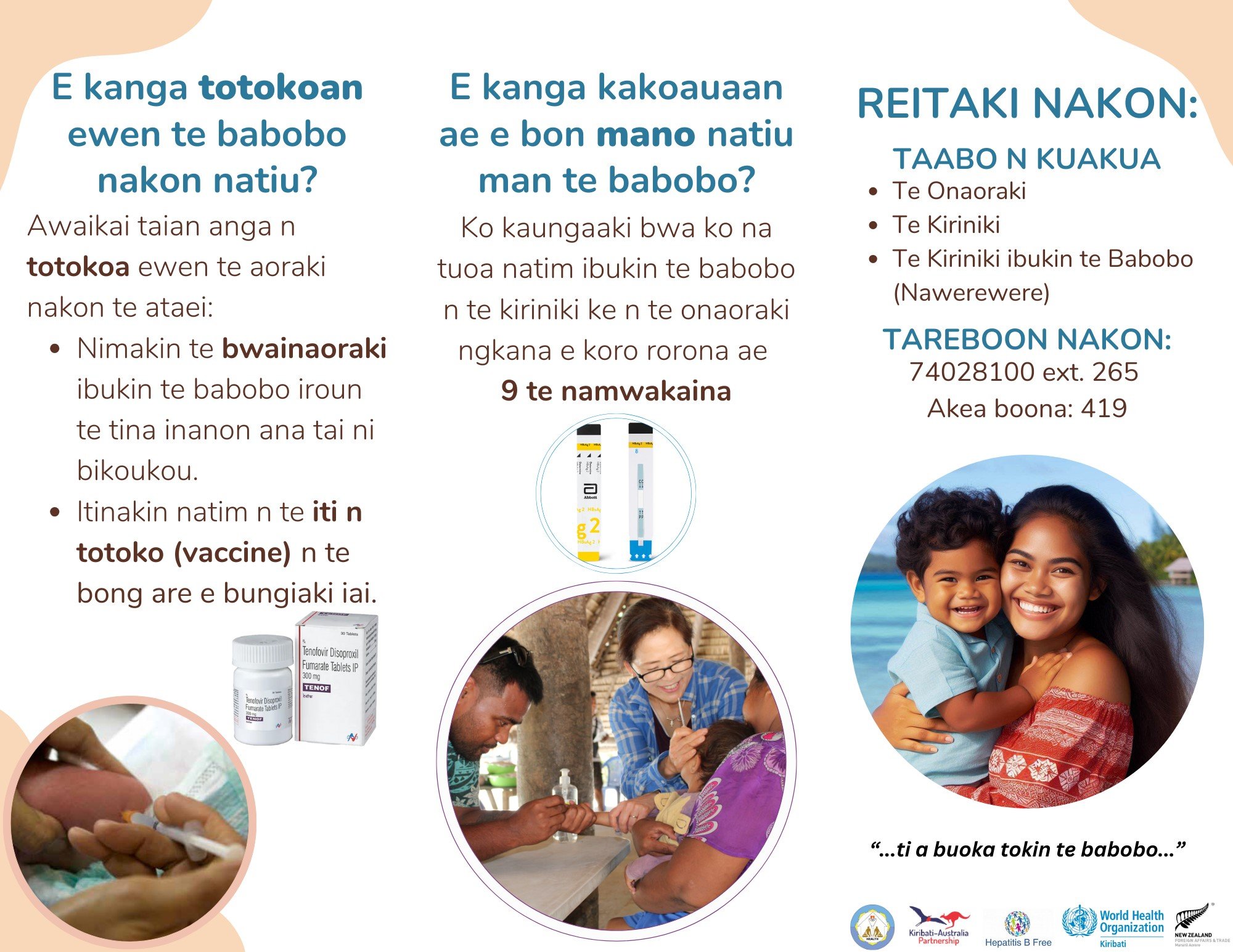Kiribati
Kiribati is a Pacific Island nation of 116,000 people stretching across 3000 kilometers of ocean approximately halfway between Australia and Hawaii. Distances between its islands make accessibility to services challenging. Half of the population lives on the island of South Tarawa. Lack of arable land and dietary diversity result in high rates of diabetes, hypertension and obesity. The prevalence of HBV in Kiribati is high at around 15% of the adult population. Nearly half of HBsAg-positive patients in Kiribati also have co-existing hepatitis D infection which is problematic as these patients are at higher risk for rapid progression to liver failure.
In Kiribati, the alarmingly high rates of hepatitis B motivated the inclusion of anti-viral treatment into a national hepatitis strategy, supported by key stakeholders. A memorandum of understanding to begin treatment was signed by the Ministry of Health and Hepatitis B Free in 2017. HBF developed a treatment protocol, and donations to provide medications were secured. Shortly thereafter, an import license was issued, and medications arrived in country. In January 2018, the first cohort of patients was examined, treatment-eligible patients were identified, and staff were trained. In March 2018, tenofovir disoproxil fumarate (TDF) arrived, and about 90 patients have been started on treatment. Regular visits by Hepatitis B Free staff every 2-3 months provide training, consultations, and direct patient care. With the assistance of HBF, Kiribati has recently published national hepatitis B treatment and care guidelines.
There is still much work to be done. Over 800 persons screened are HBsAg positive and have had molecular testing. However, most have yet to be evaluated in clinic. There is a rapid turnover in medical personnel which makes retraining necessary. Outreach to remote islands needs to be expanded. There are few options available for treatment of hepatitis B and hepatitis D co-infection, and our staff remains in contact with researchers who are looking for better medications. We have received a grant to support a national program of treatment of hepatitis B-positive pregnant mothers to prevent maternal to child transmission of hepatitis B. This should have a significant impact towards reducing future infections.
